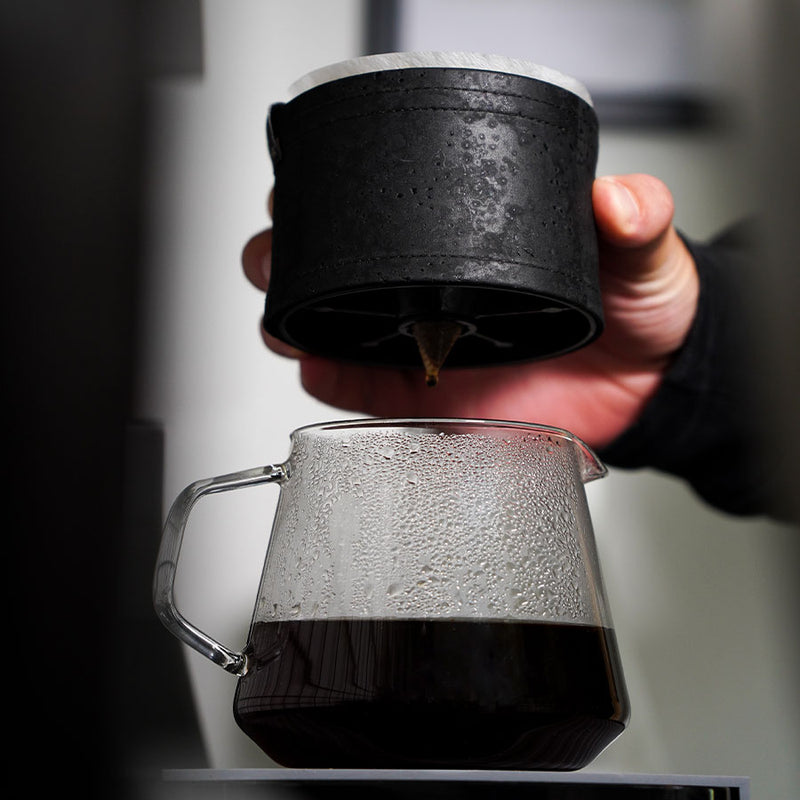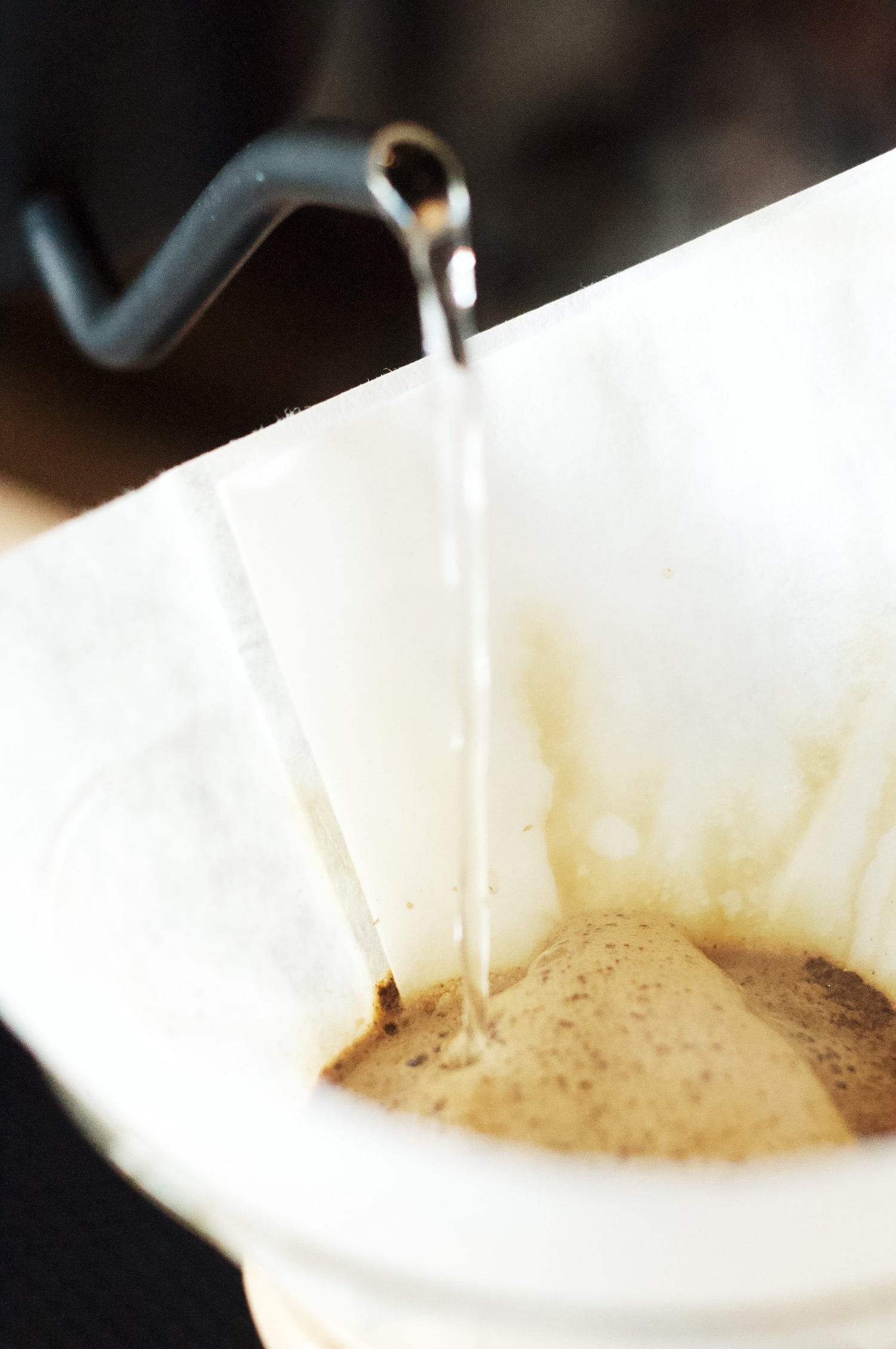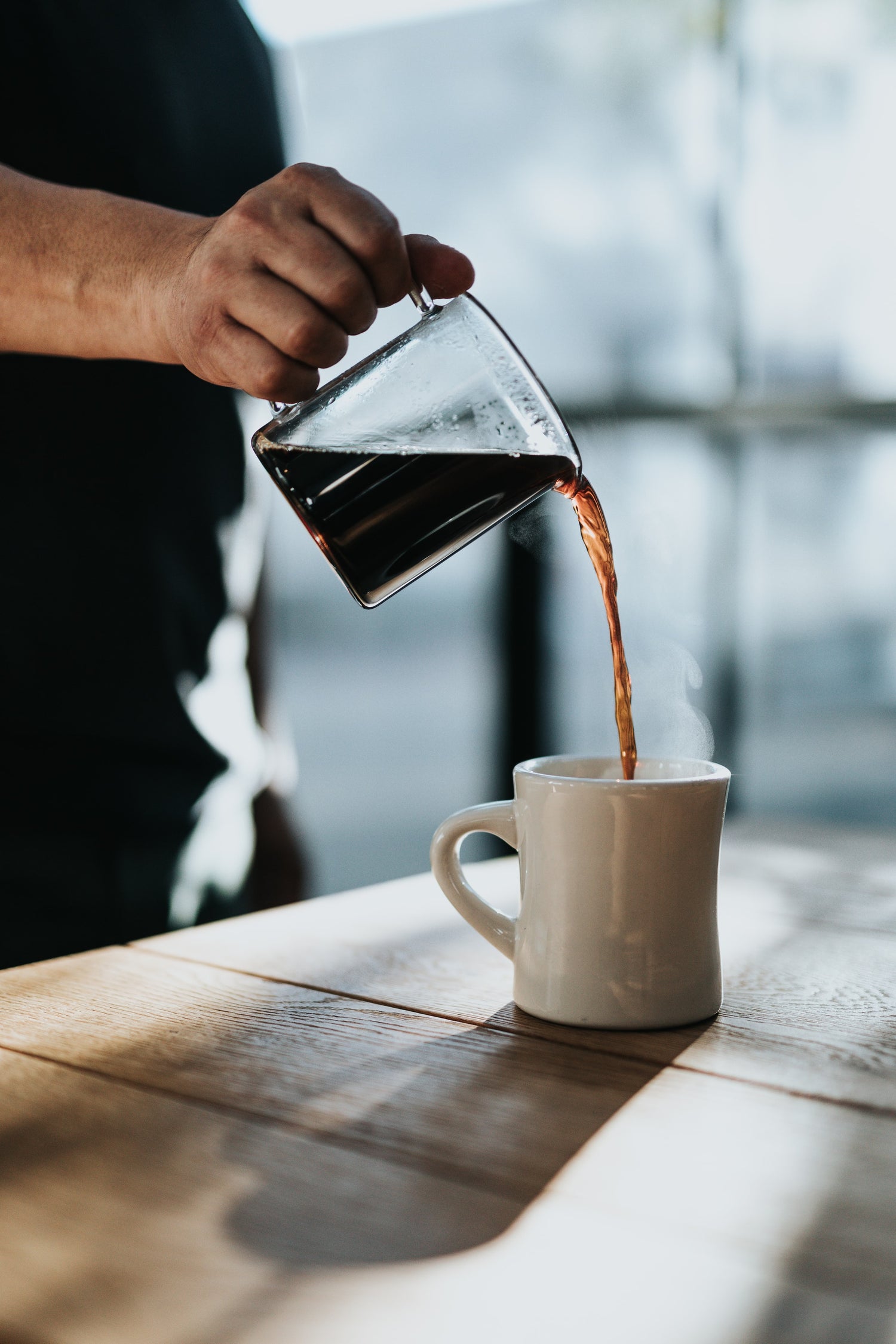Coffee & espresso
The preparation of specialty coffee also requires a high degree of precision and skill. Baristas and coffee lovers carefully choose the right brewing methods and extraction times to extract the best flavors from the beansalty coffee also requires a high level of precision and skill. Baristas and coffee lovers carefully choose the right brewing methods and extraction times to extract the best flavors from the beans.
































